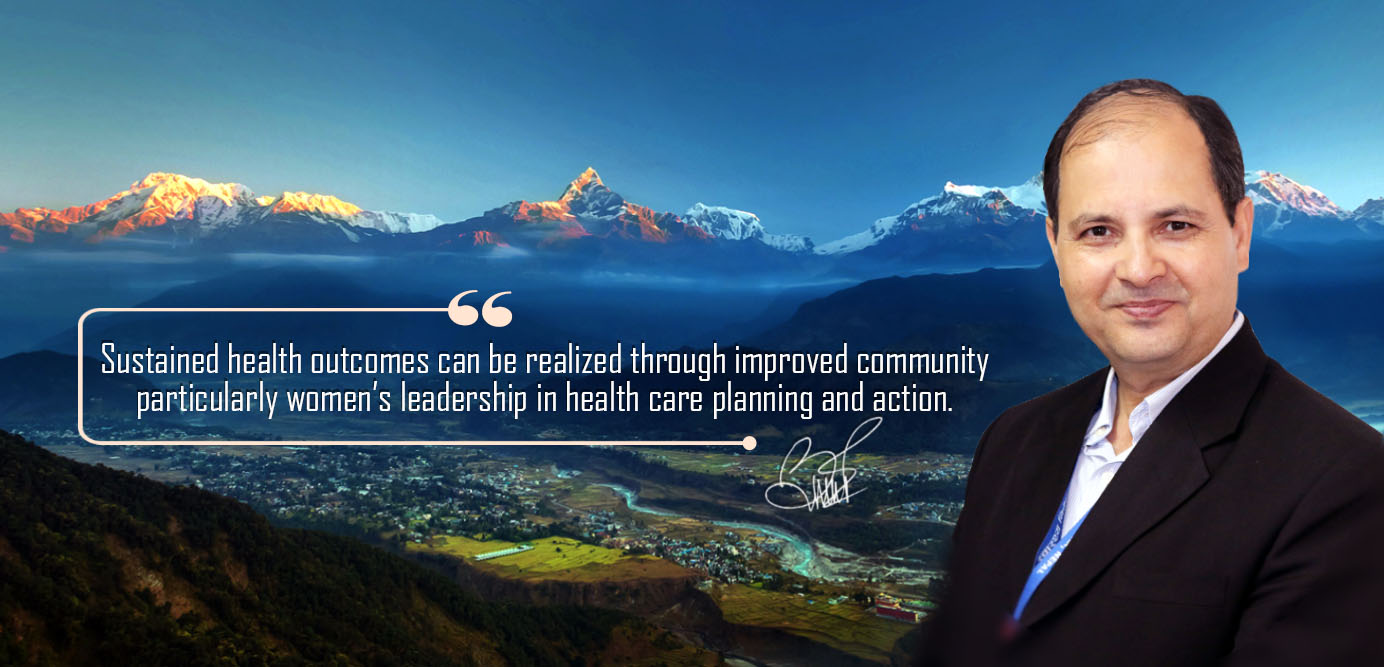
Track record statement
Dr. Binod Bindu Sharma is currently serving as Secretary of the Ministry of Health in Gandaki Province, Nepal. He provides overall leadership to the province’s healthcare system, overseeing the development of health policies and strategies. Dr. Binod supervises more than 7,000 health professionals in the province and is actively involved in advocating for government improvements in policy, public health programs, and financial systems. His efforts focus on enhancing human resource capacity and strengthening all 759 local health institutions, which include 11 district public health offices and 12 district hospitals.
Before his current role as Secretary, Dr. Binod served as the Director of Health Services for Gandaki Province. In addition to his government responsibilities, he is a Conjoint Lecturer at the University of Newcastle, Australia, and an affiliate of the Hunter Medical Research Institute (HMRI).
Dr. Binod Bindu Sharma holds a PhD in Public Health from the University of Newcastle, Australia. His research focused on addressing the high rates of maternal health issues and mortality in rural Nepal. He developed and implemented a community-led intervention model for maternal health, which he presented to the Nepalese government for potential nationwide application. After completing his PhD, Dr. Binod worked as a Student Researcher at the University of Newcastle, where he implemented these interventions in both the control population and neighboring communities in Nepal. In addition to his PhD, he has earned master’s degrees in Public Health and Sociology, as well as a postgraduate degree in Health Education.
Dr. Binod is deeply passionate about training and teaching. As the Director of Provincial Health Training Centers, he trained medical officers and district public health managers, including community health officers, for over 18 years. During his PhD studies, he also taught Master of Public Health students at the University of Newcastle and continues to teach public health at Pokhara University, Nepal.
Dr. Binod Bindu Sharma has over two and a half decades of experience in various roles within the Nepalese government. From March to October 2014, he served as Director of the National Health Education, Information and Communication Centre (NHEICC) under the Ministry of Health and Population. In this role, he led the design, development, and dissemination of national health communication programs. As the head of the organization focusing on non-communicable diseases, Dr. Binod played a key role in achieving national consensus to increase the size of pictorial health warnings on tobacco packaging to 90%, the highest in Asia. This achievement earned Nepal the Bloomberg Philanthropies Award for Global Tobacco Control in 2015.
Dr. Binod’s career in government began in 1995, where he focused on training healthcare managers, paramedical staff, and community health professionals. At a training center in Pokhara, he developed a leadership program that empowered support staff, resulting in both organizational improvements and increased staff cohesion. This success inspired senior staff to take on greater challenges. Dr. Binod also led the team that established Nepal’s first government-approved International Health Training Centre in Pokhara.
Beyond his government work, Dr. Binod served as an ophthalmic professional with the Swiss Red Cross Eye Care Project, organizing free eye care camps and engaging Junior Red Cross volunteers in awareness programs. He headed the first Primary Eye Care Centre, extending its model to more than 80% of rural districts in Nepal.
Dr. Binod’s experience also includes work with Peace Corps Nepal, where he coordinated pre-service training for American volunteers, focusing on language, cultural, and social interaction training, along with subject-specific training and village immersion programs.
Director / spokesperson: COVID-19 pandemic, province government, Gandaki province, Pokhara, Nepal
During the unforeseen events leading up to the World Health Organization’s declaration of COVID-19 as a global pandemic, Dr. Binod Bindu Sharma, as Chief of the Health Directorate for Gandaki Province, coordinated efforts to prevent and control the spread of the highly contagious disease. He promptly took the initiative to train healthcare professionals, particularly lab staff, on sample collection, and procured the necessary equipment for diagnostics, quarantine, and isolation of suspected and infected individuals.
Dr. Binod successfully lobbied the provincial government to establish intensive care units (ICUs) in all 11 district hospitals, securing a budget for a total of 51 ICU beds. He developed laboratory and case management protocols and organized orientation training for district health teams. He also oversaw training for hospital staff in managing critical COVID-19 cases and coordinated specialized training for ICU nursing staff.
Dr. Binod and his team took a proactive approach in disseminating public service announcements (PSAs) through various social media platforms, ensuring that crucial messages about the economic, physical, and social aspects of COVID-19 reached grassroots communities. Based on the evolving global and local situation, he advised the Ministry of Social Development to enforce strict lockdown measures, with zero tolerance except for essential services and products.
In addition, Dr. Binod spent countless hours consulting with healthcare providers to ensure the quality delivery of health services. He conducted field visits to high-risk areas where COVID-19 cases were being managed and kept the public informed through interviews and press releases on local radio stations and YouTube outlets. He also lobbied for special attention to the well-being of frontline workers and advocated for funding to support their efforts during the crisis.
Professional assignments
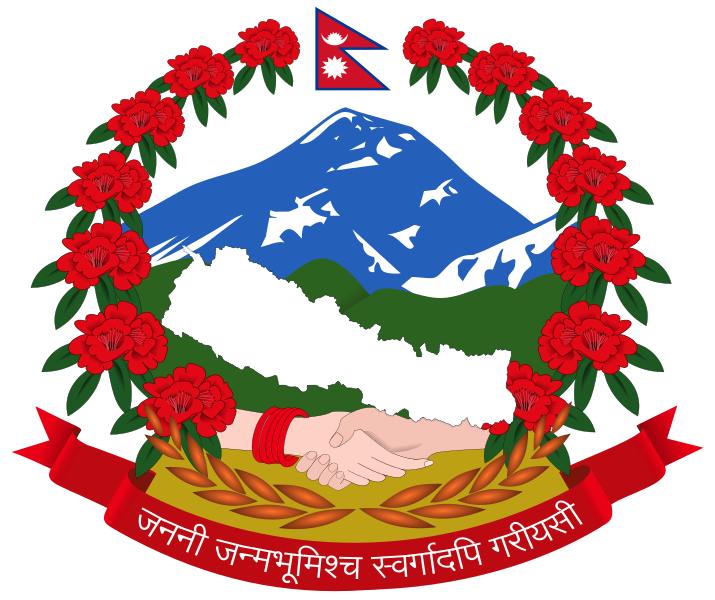 |
Secretary Ministry of Health and Population Gandaki Province, Pokhara, Nepal (June 2021 - Hitherto) |
Dr. Binod Bindu Sharma is currently serving as Secretary at the Ministry of Health, Gandaki Province, Nepal, where he provides overall leadership to the province’s healthcare system. He has played a key role in developing provincial health policies and strategies and oversees more than 7,000 healthcare professionals in the region. Dr. Binod actively lobbies the government to improve policies, public health programs, and financial frameworks in order to enhance human resource capacity and strengthen all 759 local health institutions, including 11 district public health offices and 12 district hospitals across Gandaki Province.
Before his current role as Secretary, Dr. Binod served as the Director of Health Services for the province. He also holds a position as a Conjoint Lecturer at the University of Newcastle, Australia, and is affiliated with the Hunter Medical Research Institute (HMRI).
 |
Director Health Directorate Ministry of Health and Population Gandaki Province, Pokhara, Nepal (2019 - 2021) |
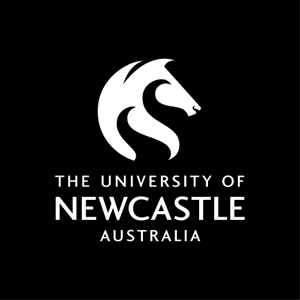 |
Conjoint Lecturer The University of Newcastle, Australia Callaghan NSW 2308 (2020 - Hitherto) |
Dr Binod is serving to the University of Newcastle, Australia as a Conjoint Lecturer. He is a Hunter Medical Research Institute (HMRI) affiliate.
 |
Student Researcher University of Newcastle, Australia (2018) Callaghan NSW 2308, Australia |
Upon completion of the PhD, Dr Binod worked with the University of Newcastle as a Student Researcher. He rolled out the interventions in the control population and adjoining communities of the intervention cluster in Nepal.
 |
PhD Researcher University of Newcastle, Australia (2014 - 2018) Callaghan NSW 2308, Australia |
Dr. Binod led research that resulted in sustained policy changes in maternal health. He designed, developed, and implemented a community-led intervention model to address high maternal mortality rates, which he presented to the Nepalese government for nationwide implementation. As a direct outcome of this research, the government introduced several key initiatives: the provision of air ambulances, increased incentives for institutional deliveries, a requirement for four antenatal visits for expectant mothers, and improved recording and reporting of maternal mortality data. The government reaffirmed its commitment to these reforms by making budget allocations to ensure the continuation of these vital maternal health provisions.
 |
Director National Health Education, Information and Communication Centre (NHEICC) and Director in different Regional Health Training Centres Ministry of Health and Population, Nepal (1995 - 2014) |
Dr. Binod served as the Director of the National Health Education, Information, and Communication Centre (NHEICC) within the Ministry of Health and Population, Nepal, from March to October 2014. In this role, he provided leadership in the design, development, and dissemination of national health communication programs across the country. As the head of the focal organization for non-communicable diseases, Dr. Binod was instrumental in building national consensus to increase the size of pictorial health warnings on all tobacco packaging to 90%, the highest in Asia. This achievement earned Nepal the prestigious Bloomberg Philanthropies Award for Global Tobacco Control in 2015.
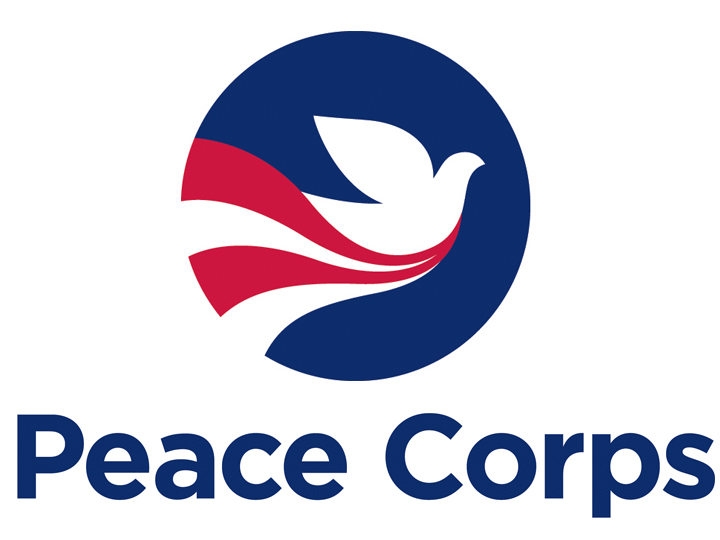 |
Technical Training Coordinator Peace Corps/Nepal (Aug - Dec 1998 and Sep - Nov 2000) |
- Developed pre-service training curriculum for Peace Corps volunteers.
- Conducted pre-service training to Water Sanitation Coordinators (American Citizens) on health, water and sanitation programs.
- Organized sessions on cross-cultural adaptation and facilitated cultural learning exposures.
- Evaluated training program and developed a technical manual.
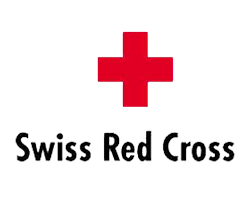 |
Ophthalmic Officer / Regional Health Educator Swiss Red Cross / Eye Care Project Fateh Bal Eye Hospital, Nepalgunj, Nepal (1989 - 1995) |
- Conducted training needs assessment of eye care providers and community eye care volunteers in the region.
- Developed training curriculum and organized training on community eye care and program management.
- Performed eye examinations and minor surgical interventions.
- Coordinated with local GOs, INGOs and NGOs for effective implementation of eye care programs.
- Introduced community eye care volunteers program with the help of the Red Cross local chapter and community.
- Planned and conducted basic training for community eye care volunteers.
- Organized community eye care camps with the help of trained volunteers through community participation.
- Managed static clinic and community programs including human resource, administration and finance.
Special Training Received
-
International Training of Trainers on District Health Care Management (3 months)
- Royal Tropical Institute (KIT), Amsterdam, The Netherlands, 1997
-
Training on Regional Field Epidemiology (3 months)
- National Institute of Communicable Diseases (NICD) / WHO / SEARO, Delhi, India, 2008
-
Health Executive Development Program (HEDP) (45 days)
- Department of Health Services, Nepal Administrative Staff College, WHO, 2007
-
Youth Invitation Program for the Promotion of Understanding Amongst Youths (1 month)
- JICA, Japan, 2000
-
Training Program on Capacity Building of Local Institutions (42 days)
- Nepal Administrative Staff College, Nepal, 2004
-
Training on Health Education (1 month)
- The Gandhigram Institute of Rural Health and Family Welfare Trust, Tamil Nadu, India, 1991
-
Training of Master Trainers on Strengthening District Health Training Capacity (15 days)
- Nepal Administrative Staff College, 2000
-
Training on Health Communication and Advocacy (12 days)
- Johns Hopkins University / School of Hygiene and Public Health, 2001
-
Training of Trainers on Family Planning Counseling (12 days)
- HMG, National Health Training Centre, Teku, 1997
-
Training of Trainers on Communication Skills (12 days)
- Save the Children UK, Kathmandu, 1993
- Training of Trainers Course on Enhancing Competence of Trainers (11 days)
- Indian Institute of Health Management Research (IIHMR), Jaipur, India, 2004
- Training for Trainers: Decentralized Management & Planning for Health (11 days)
- Ministry of Health, British Council, Nuffield Institute for Health, 2004
- Training of Trainers on the Convention on the Rights of the Child (CRC) and CEDAW (5 days)
- UNICEF / INHURED, Dhulikhel and Pokhara, Nepal
- Training on Basic Management (12 days)
- Samuhik Abhiyan, Centre for Community Transformation, Philippines, 1995
- International Training cum Seminar on Reproductive Health and Women’s Development (5 days)
- International Union for Health Education (IUHE), Chennai, India, 1993
- Training on Gender Lens for Reproductive Health Behavior Change Communication (5 days)
- Johns Hopkins University / Population Communication Services, 2000
- Training of Trainers on Gender-Based Violence (5 days)
- National Health Training Centre / UNFPA, Nepal
- Training Workshop on Basic Radio Magazine Production (5 days)
- National Health Education & Communication Centre, Nepal Safer Motherhood Project, Nepal, 2002
- International Training Workshop on Physical Activity and Public Health (3 days)
- WHO, CDC, Bangkok, Thailand, 2007
- Training on "The Autonomous Health Training Institute" (3 days)
- College of Public Health Sciences, Chulalongkorn University, Thailand, March 15-17, 2012
- Training on Computer Applications
- Regular user of Microsoft Word, Excel, PowerPoint, and the Internet
- Training on Communication Skills (7 days)
- Save the Children UK, 1991
- Training of Facilitators on STD Care Management (5 days)
- University of Heidelberg, STD/HIV Project, 1996
- Training of Master Trainers on Logistics Management (5 days)
- National Health Training Centre, Logistics Management Division, JSI, 1997
- Training cum Workshop on Health Education (5 days)
- Sewa Foundation, 1987
- Training on Reproductive Health - Clinical Protocol (3 days)
- National Health Training Centre, Nepal / UNFPA
- Training on Project Management (3 days)
- UNICEF, 1993
- Training on Effective Public Speaking and Communication (3 days)
- Nepal Jaycees, 1992
- Training of Master Trainers for Nutrition Programs (3 days)
- Child Health Division, Department of Health Services, Nepal, 2001
- Training on Environment (3 days)
- Nepal Administrative Staff College, 2001
Associations
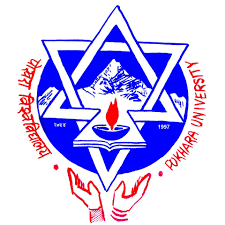 |
Member, Subject Committee/ Public Health, Department of Health Sciences |
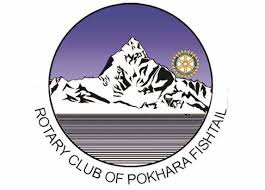 |
Member Rotary International |
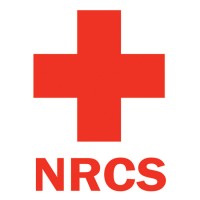 |
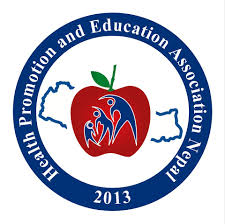 |
National Vice-President (Life member) |